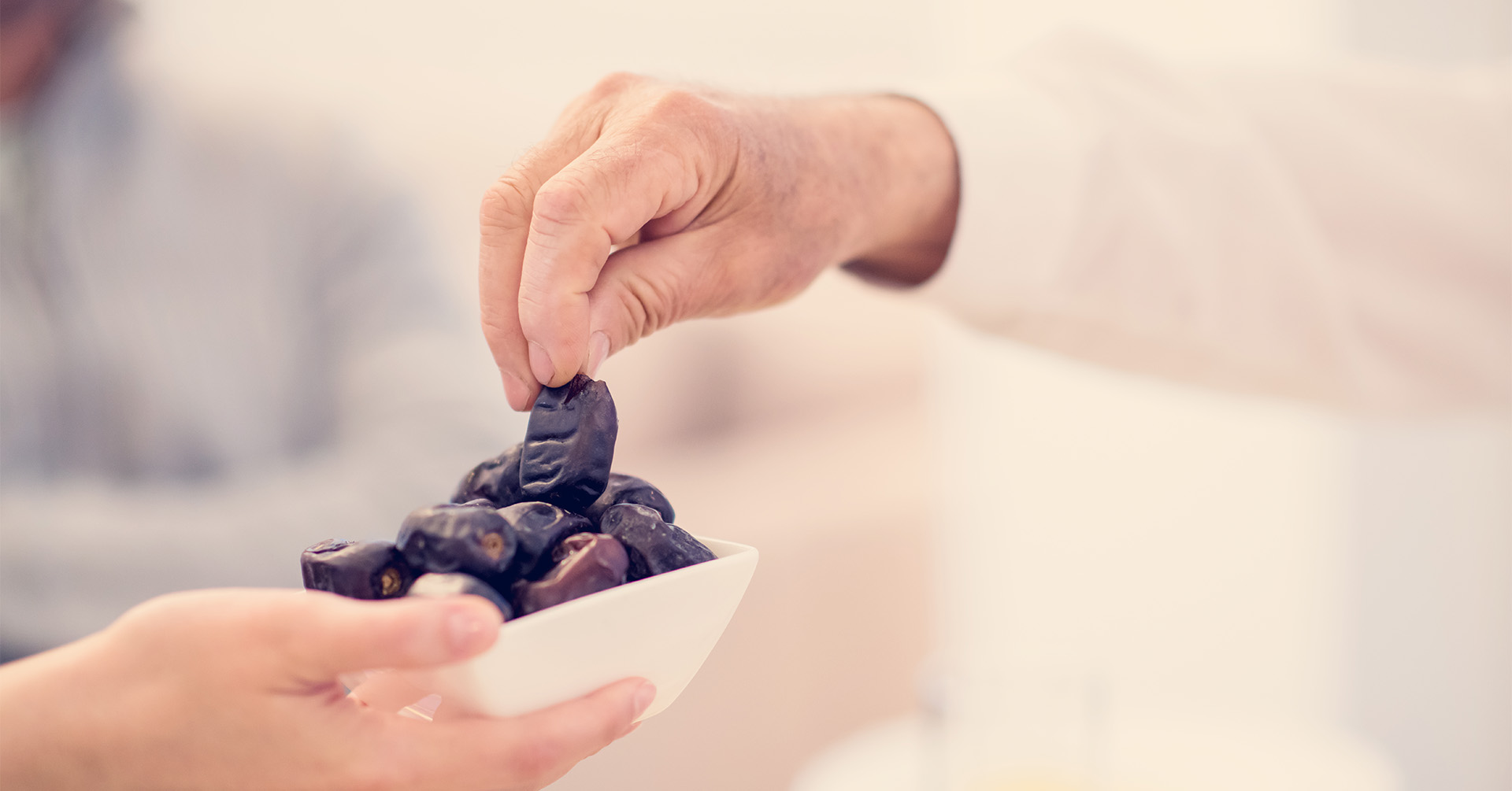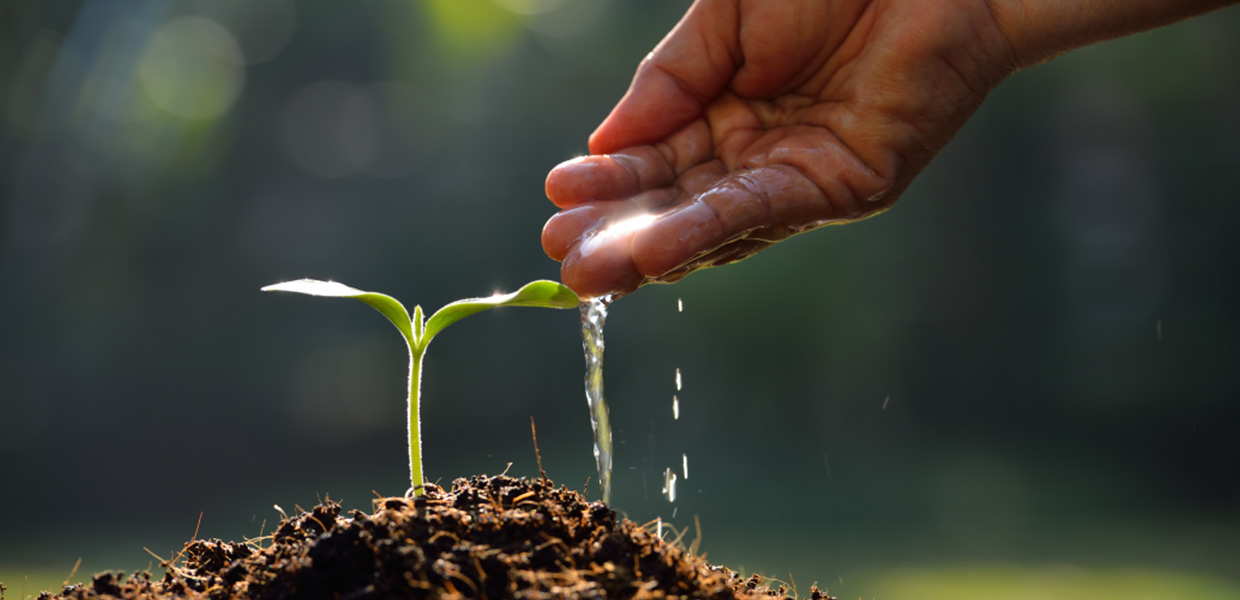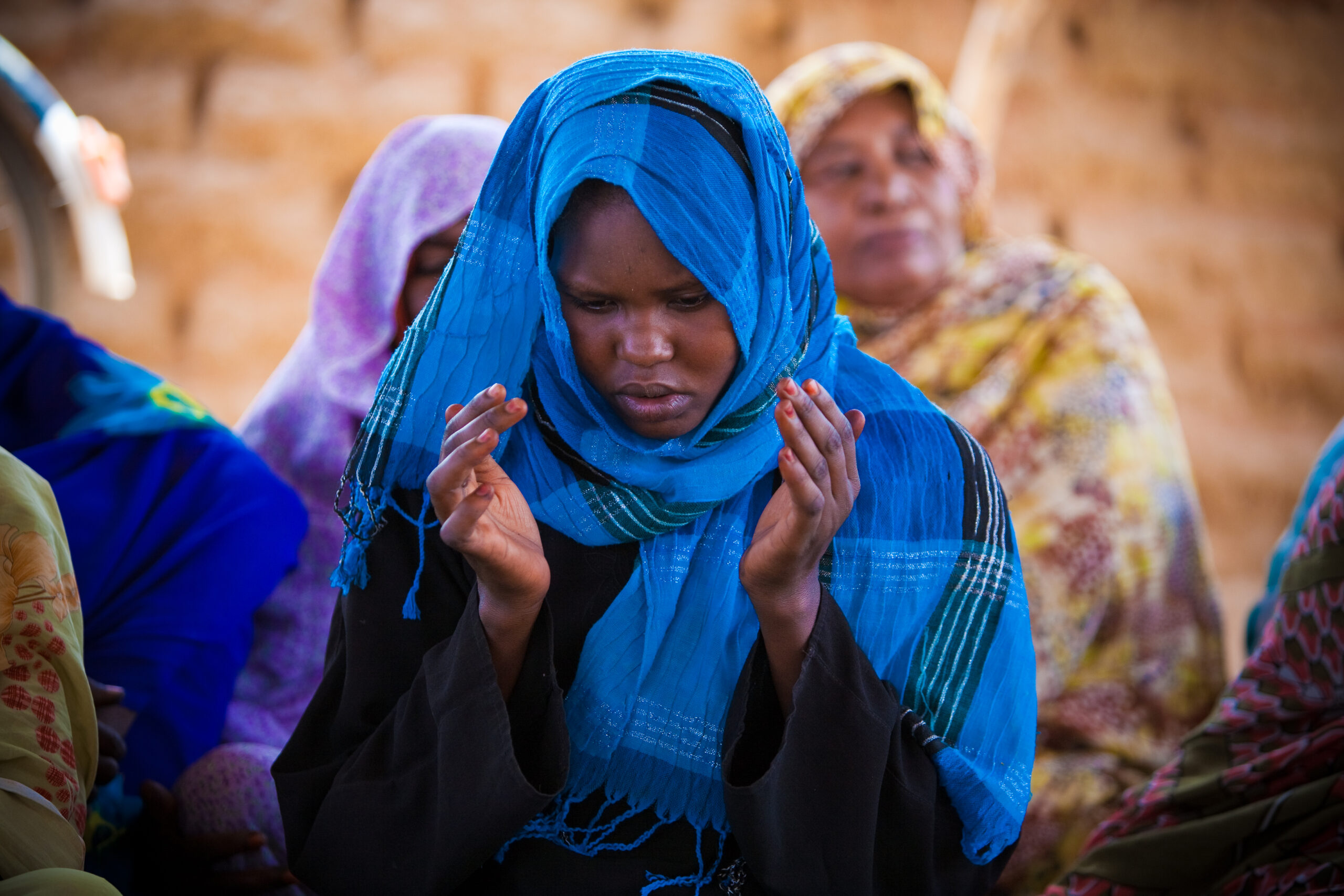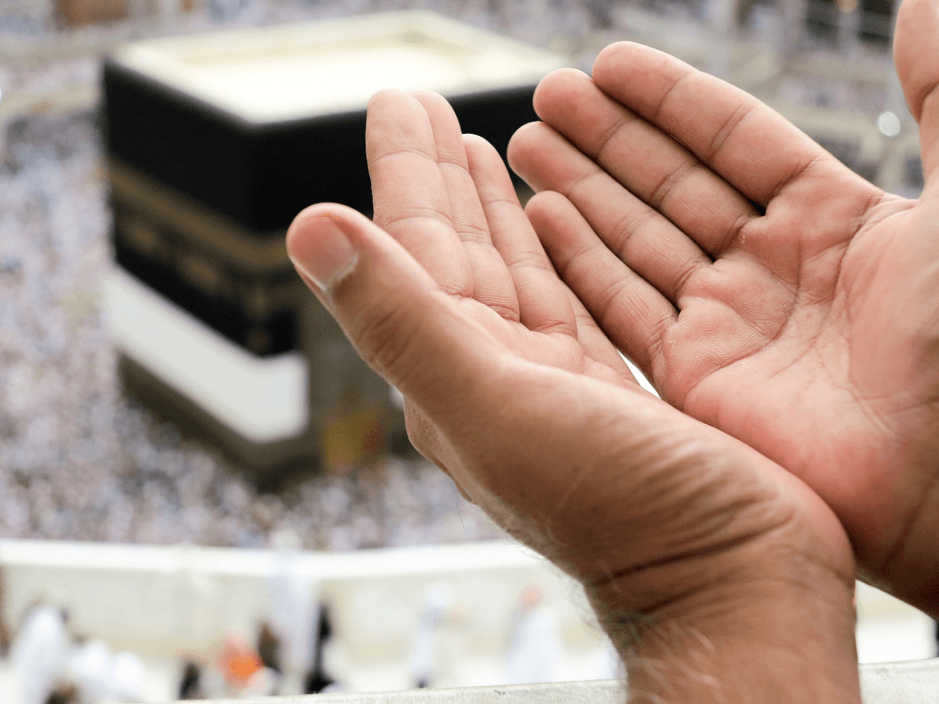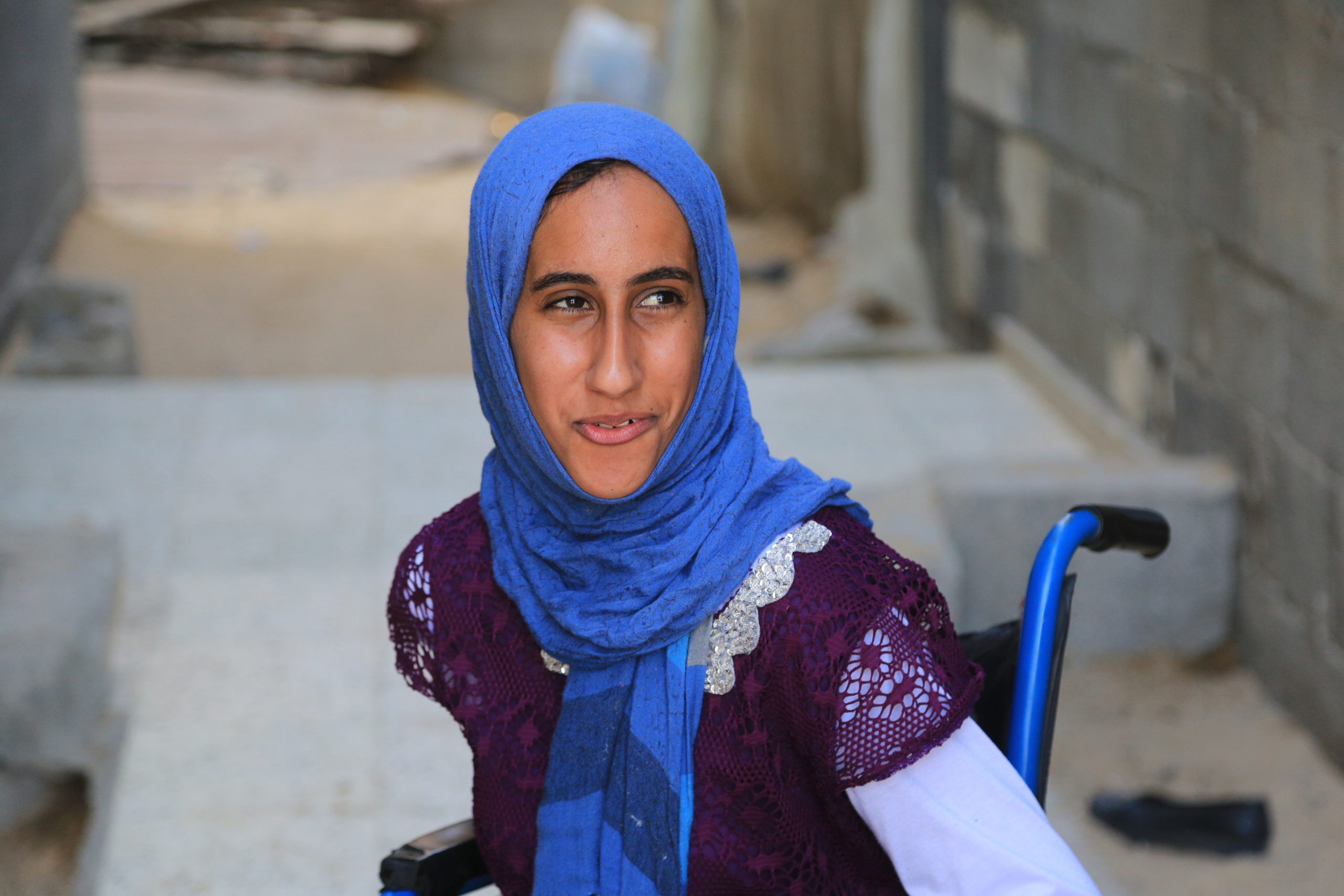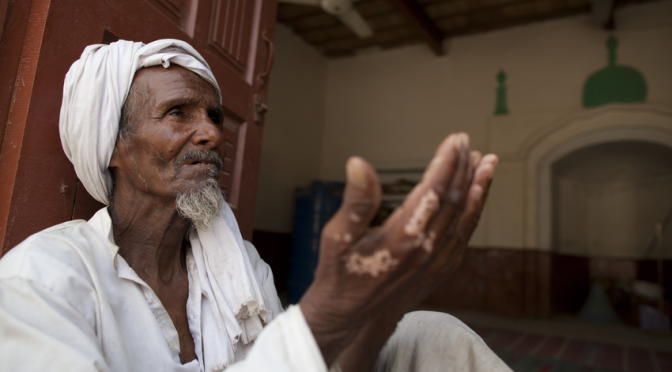
06.19.23
8 Things You Can Do This Dhul Hijjah to Earn Rewards
The first ten days of the month of Dhul Hijjah hold great religious significance. It is a special period in the annual Islamic calendar. A time when Muslims are advised to increase their acts of goodness and spirituality to reap the rewards of the most blessed days.
For our noble Prophet Muhammad ﷺ said, “There is no deed more precious in the sight of Allah, nor greater in reward, than a good deed done during the ten days of Sacrifice.”
He (Prophet Muhammad ﷺ) was then asked, “Not even jihaad for the sake of Allah?”
To which he ﷺ replied, “Not even jihaad for the sake of Allah, except in the case of a man who went out to fight giving himself and his wealth up for the cause, and came back with nothing.” (Sahih Bukhari)
The Meaning of Dhul Hijjah
The word “Dhul Hijjah” can be translated to “Month of Pilgrimage”. During the month of Dhul Hijjah, Muslims perform the Hajj. Hajj, also known as the pilgrimage, is one of the five pillars of Islam. The pilgrimage involves Muslims travelling to Makkah and Madinah to fulfil this religious obligation and its rituals.
However, even for Muslims not going on Hajj, there are still numerous ways to benefit from the first ten days of Dhul Hijjah. Here are 8 actions anyone can do during this blessed period to maximise their rewards!
Fasting the First 9 Days of Dhul Hijjah
“All the deeds of the son of Adam are for him, except fasting, which is for Me and I shall reward for it.”’ (Hadith Qudsi, Bukhari)
Fasting the Day of Arafah
“Fasting on the Day of ‘Arafah absolves the sins for two years. The previous year and the coming year, and fasting on ‘Ashura, (the tenth day of Muharram) atones for the sins of previous years.” (Muslim)
Praying In Congregation
“Salat in congregation is twenty-seven times more meritorious than a Salat performed individually.” (Bukhari & Muslim)
Performing the Obligatory Sacrifice (Qurban)
“For every hair of the Qurban you receive a reward from Allah.” (Tirmidhi)
This is an Islamic tradition that takes place on the 10th, 11th or 12th day of Dhul Hijjah. Muslims slaughter an animal (either a goat, sheep, cow, bull, buffalo or camel).
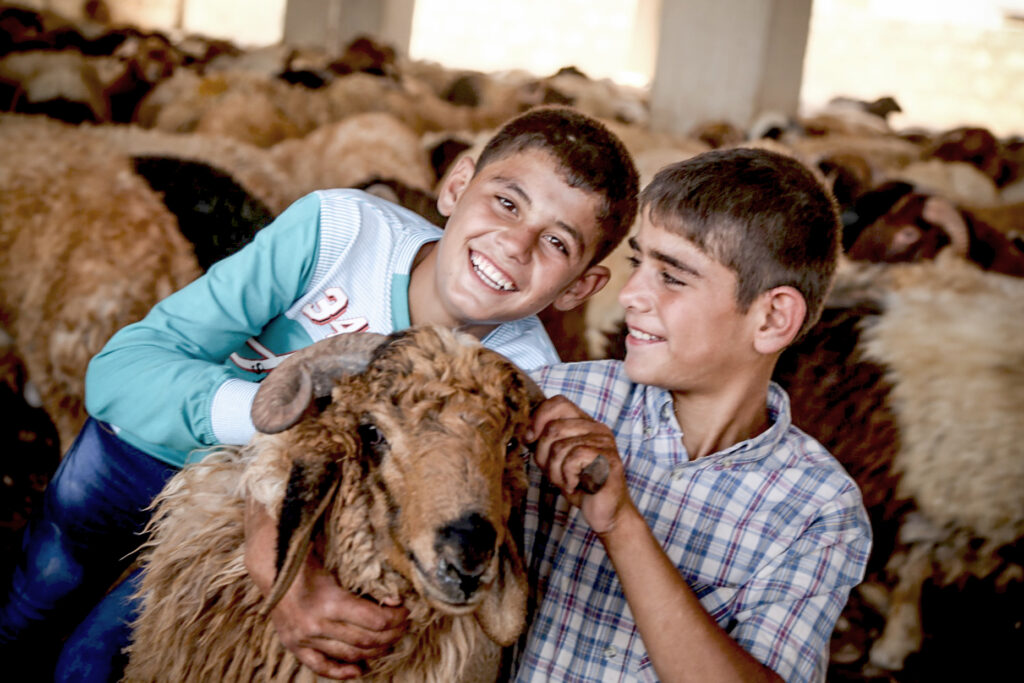
The animal flesh is cut, cleaned and distributed to those in need in commemoration of the sacrifice of the Prophet Ibrahim. According to most Muslims Qurban is obligatory upon every sane male/female with wealth in excess of his/her needs. Normally those who are eligible to pay Zakat have to give a Qurban.
Taking Twenty Minutes Out of Your Day to Read Qur’an
“The one who is proficient in the recitation of the Qur’an will be with the honourable and obedient scribes (angels) and he who recites the Qur’an and finds it difficult to recite, doing his best to recite it in the best way possible, will have a double reward.” (Bukhari & Muslim)
Dhikr: Remembering Allah
There are certain prayers that promise a Muslim to forgive all his sins if he recites them.
“There are no days that are greater before Allah or in which good deeds are more beloved to Him than these ten days. So recite a great deal of tahleel, takbeer and tahmeed during them.” (Ahmad)
Tahmeed: Al-hamdu Lillah (All praises be to God)
Tahleel: Laa ilaha ill-Allah (There is no god but Allah)
Tasbeeh: Subhaan-Allah (Glory be to God).
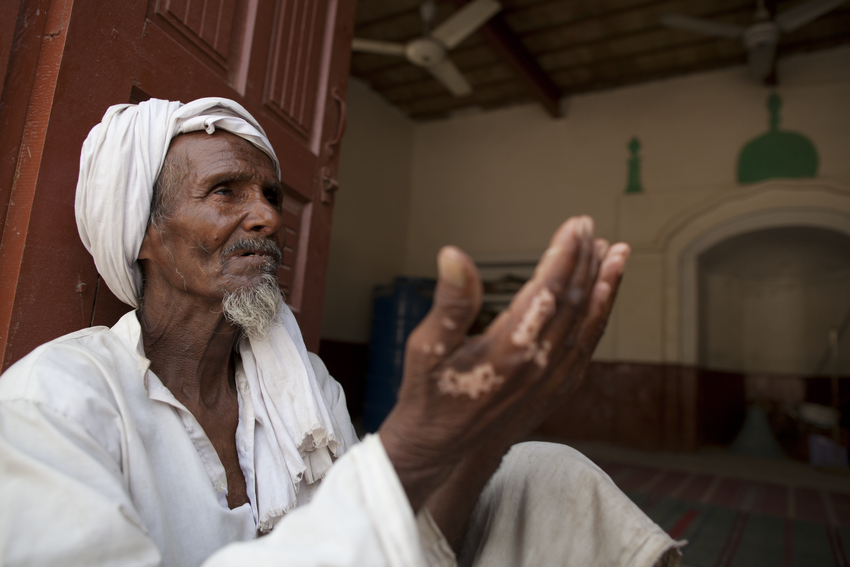
Performing Charity in the Days of Dhul Hijjah
“There is no deed more precious in the sight of Allah, nor greater in reward, than a good deed done during the ten days of Sacrifice.” (Sahih Bukhari)
Share This Article With Someone You Know!
“Whoever guides someone to goodness will have a similar reward.” (Muslim)
May your 10 days of Dhul Hijjah be full of prayers, prosperity and blessings, ameen!

